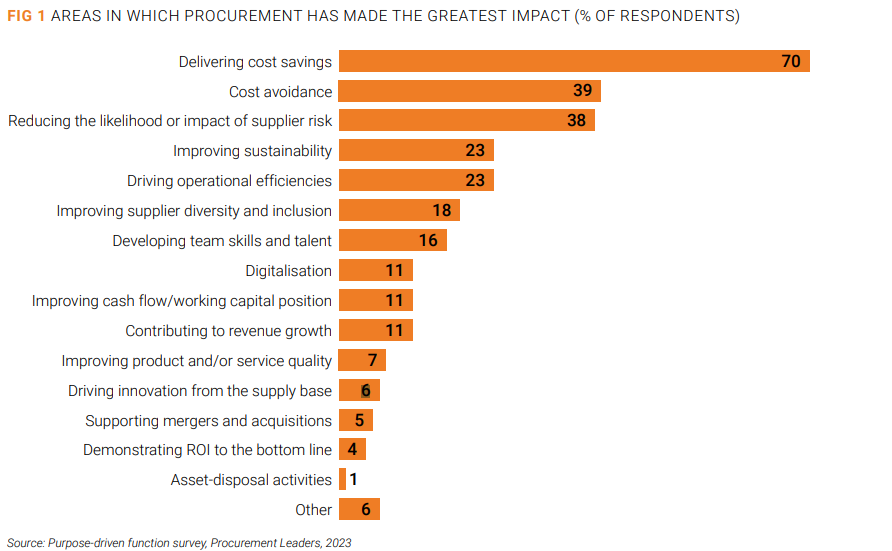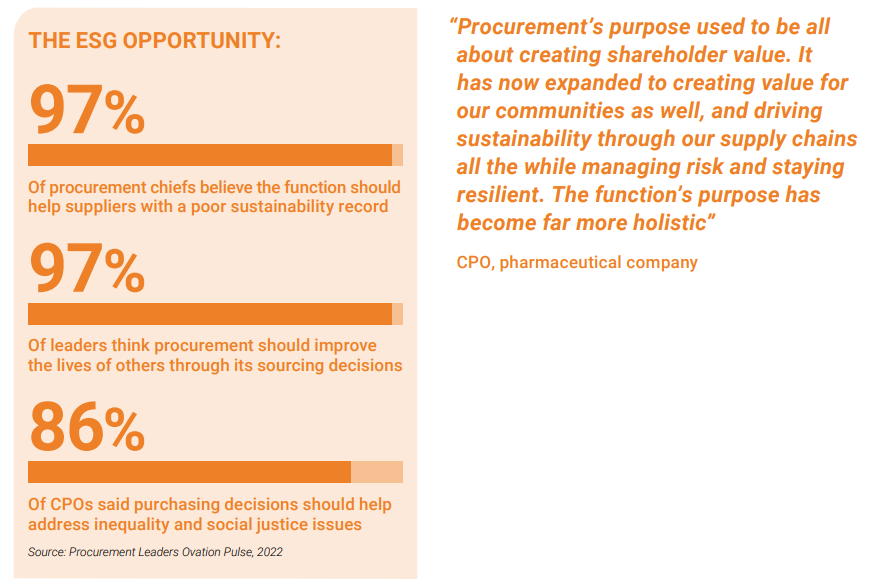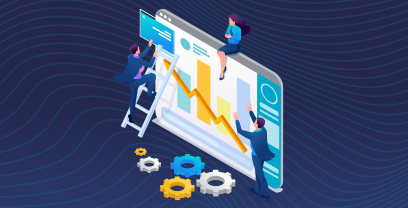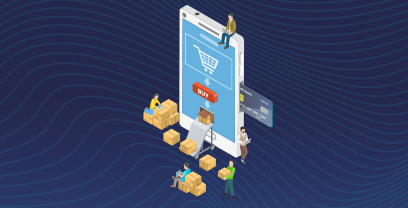|
The Forrester Wave™: Supplier Value Management Platforms, Q3 2024 See Report
Blog »
Report Recap | Purpose-driven Procurement: Entering the Age of Holistic Value

Change starts NOW. The potential for transformation is limitless.
Procurement’s role has evolved beyond creating shareholder value; it now aims to generate value for communities, drive sustainability in supply chains, and mitigate risks while remaining resilient.
This expanded purpose offers purchasing teams a unique opportunity to uncover additional value in areas such as risk management, innovation, and sustainability. Now, Procurement holds the key to addressing a large portion of an organization’s environmental and social impact.
In the latest Procurement Leaders Analyst Report: Purpose-driven Procurement: Entering the Age of Holistic Value, experts reveal that with the right vision, leaders can create a lasting legacy for themselves, their teams, and their organization.
Procurement has come a long way.
Its purpose is no longer limited to cost-cutting and purchasing products and services. With the emergence of new technologies and the changing demands of consumers, procurement is expected to make its mark by taking sustainability and social responsibility seriously. But what does the future of procurement look like? In this summary, we will explore the drivers that will shape the future of procurement and the importance of preparing for the age of holistic value.

Sustainability, without a doubt, will be the key driver that will shape the future of procurement.
By actively involving themselves in sustainability targets set by organizations, the procurement function can make a significant contribution towards sustainability goals. In fact, sustainability targets cannot be achieved without procurement’s active support and involvement. Several external factors – such as regulatory requirements and pressure from consumers – are also driving the sustainability agenda. For instance, in Europe and North America, new laws are coming into force that will impose stricter ESG (environmental, social, governance) rules on businesses.
One such regulation is the German Supply Chain Due Diligence Act that took effect on January 1, 2023. This act is driving organizations to take necessary measures to prevent human rights violations and environmental abuses. Failure to identify and address these issues could result in fines that may total up to 2% of the annual turnover of the organization. The consequence of these penalties could include severe reputational damage, and it’s not hard to imagine the impact on your supply chain partners.
To safeguard businesses and realize procurement’s true potential, sustainability, and the overall ESG initiatives have become a bigger priority. Procurement professionals are optimistic about the function’s ability to shoulder more responsibilities–but concerns about support and influence persist. As it stands, Procurement, more than any
other function, is uniquely placed to tackle the bulk of the organization’s environmental and social footprint.

Data and Automation: The New Frontier
With the emergence of new technologies, procurement has an opportunity to take advantage of data analytics and process automation. Businesses now have access to real-time data, supporting stakeholder and supplier needs, as well as identifying new opportunities for cost savings and sustainability.
According to the CPO survey, the top three challenges faced in decision-making involve data. To overcome these issues, organizations must access a single source of truth to optimize decisions with a 360-degree view, making it easy to gather all the information needed to make the best decisions. By using a unified supplier management platform that combines information generated from various sources, staff can make better decisions faster. It’s important for companies struggling with data-related challenges to establish a single source of truth that includes sub-tier visibility, which will ultimately help optimize the entire process. Regardless of the challenge, technology can help provide the tools and resources necessary to overcome it.
In addition, as organizations continue to digitize their processes, they will start to leverage automation. It’s important to note that unlocking the power of automation goes beyond simply boosting efficiency; it empowers teams to focus on high-level tasks and uncover meaningful insights.

Conclusion: Unleashing Procurement’s Potential: Maximizing Value Through Action
The future of procurement is exciting and full of opportunities, provided organizations prioritize sustainability and social responsibility. Procurement professionals must prepare for the age of holistic value by embracing new technologies and taking responsibility for their supply chain partners’ sustainability and social impact. The regulatory requirements will only become more stringent, so it’s imperative that organizations take the necessary steps to comply with them. Organizations can make a significant contribution to their sustainability goals, but to be effective, they need support and influence from key stakeholders. The future of procurement lies in its inherent holistic value, and it’s time to start preparing for it.
Read the Full Report HERE! Download: Procurement Leaders Analyst Report: Purpose-driven Procurement: Entering the Age of Holistic Value

Eloise Barnum
Senior Content Marketing Manager, Product Marketing
Eloise Barnum leads the Global Content initiatives for the EMEA and AMER Product Marketing team at Ivalua. With over 15 years of experience developing digital content and strategy solutions in Tech, SaaS, Public Sector, and Healthcare, she is currently collaborating across multiple marketing and communications teams to identify product marketing trends, produce relevant and engaging content, and develop plans for a cohesive cross-channel experience. A strategic product marketer with pointed focus, her skillset also includes email marketing optimization, sales enablement collateral development, and bylines for multiple thought leadership publications. Eloise graduated from Providence College with a dual degree in Finance and Political Science.
You may also connect with Eloise on LinkedIn


